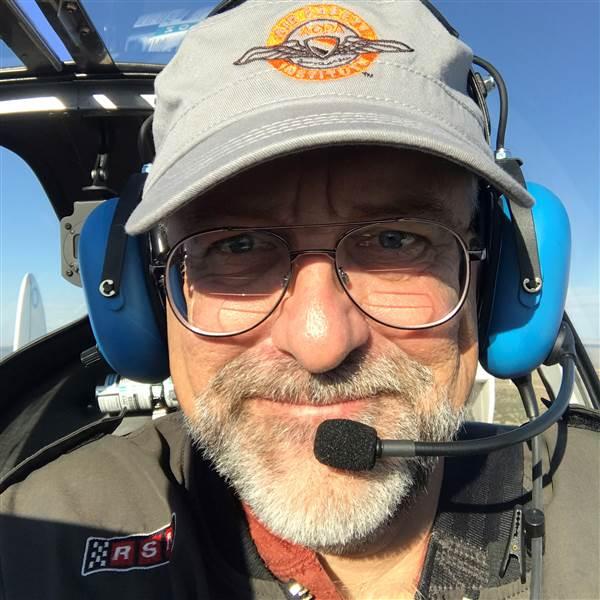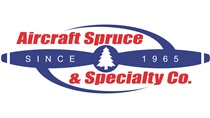Training and Safety Tip: Be heard on your checkride
Narrate the flight
When I was young, if you heard someone talking to themselves, you crossed the street to avoid them. You know, out of an abundance of caution.
Those people could be dangerous, or so it was thought back then.
But private electronic conversations in public spaces aside, we are still taught not to talk to ourselves out loud, lest people think something is wrong with us.
But there’s an exception: On your checkride, I want you to talk to yourself. Out loud.
That’s because explaining your thought process (you can think of it as “narrating” if you want) gives the examiner a window into your pilot mindset—showcasing your professionalism. It's clever, not cray cray.
So, narrate all your normal operating procedures from the get-go:
- Describe what you are looking for during your preflight, and why.
- Verbalize what you’re accomplishing during the before engine start and engine start checklists.
- Show your taxi awareness: “Okay, I’m seeing the sign for Taxiway Charlie over there on my right, so that’s a great cross-check that I’m in the right place.”
- During the runup and takeoff roll: “Compass reading matches the runway number…I’m cleared for…Power comin’ up…Engine instruments in the green…Airspeed alive.”
- And, after takeoff, don’t forget to keep that narration going through checklists and maneuvers, all the way back to parking and shut down.
Examiners tell me that skipped checklists are a common cause of busted checkrides.
And it’s not just the “normal” procedures. Talk about your screw-ups, too: “Ah heck, I’m a little [high-low-fast-slow]…adjusting now.”
Talking about an error, out loud, shows the examiner that you are aware of your error, and that you are on it; and as that shows the “right stuff,” examiners are more likely to forgive a busted speed or altitude that you call out and fix than one you “hope” they won’t notice. Trust me: They will notice.
In short, talking out loud removes any mystery. The examiner won’t need to question your pilot-in-command mindset. And as an added benefit, if you are talking nearly the whole time, it’s harder for the examiner to ask you any questions.




